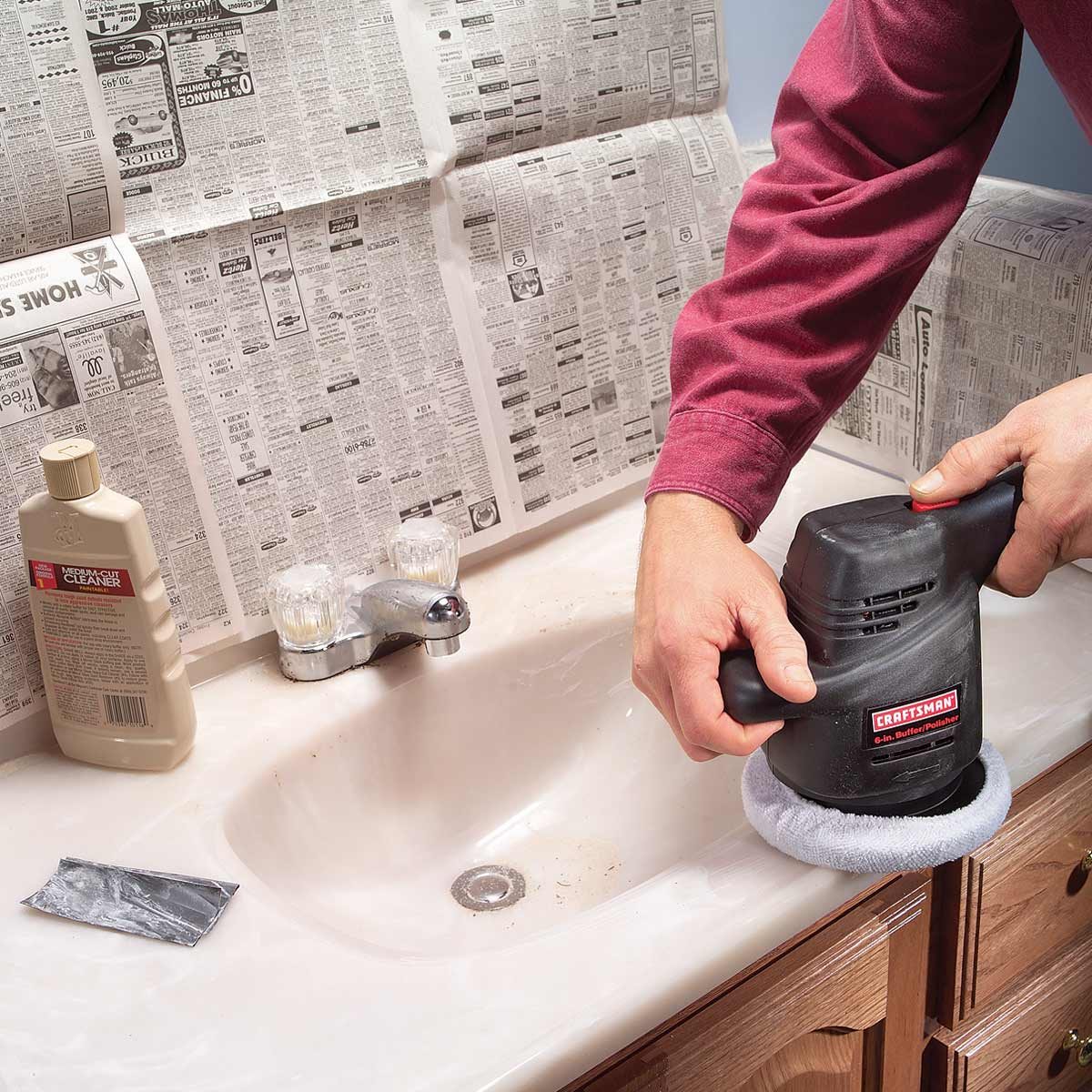

Articles
How To Fix Scratches On Countertops
Modified: January 5, 2024
Learn effective techniques to fix scratches on countertops with our informative articles. Restore the appearance of your kitchen surfaces easily and affordably.
(Many of the links in this article redirect to a specific reviewed product. Your purchase of these products through affiliate links helps to generate commission for Storables.com, at no extra cost. Learn more)
Introduction
Countertops are an essential part of any kitchen or bathroom, providing a stylish and functional surface for cooking, preparing meals, and completing daily tasks. However, these surfaces are susceptible to scratches, which can detract from their appearance and diminish their lifespan.
Scratches on countertops can be caused by a variety of factors, including cutting and chopping with sharp utensils, dragging heavy objects across the surface, or accidentally dropping hard objects. Over time, these scratches can accumulate and become more noticeable.
Fortunately, there are various methods you can employ to repair and restore your scratched countertop, depending on the severity of the damage. In this article, we will explore these methods and guide you on how to fix scratches on countertops effectively.
Key Takeaways:
- Assess the severity of scratches on your countertop before choosing a repair method. Shallow scratches can be fixed with DIY remedies or repair kits, while deep scratches may require professional assistance.
- Prevent future countertop scratches by using cutting boards, trivets, and coasters, and following regular maintenance routines. Understanding your countertop material and its care instructions is essential for long-term preservation.
Read more: What Can Scratch Granite Countertops
Common Causes of Countertop Scratches
Before we delve into the solutions, it’s important to understand the common causes of countertop scratches. By identifying the root causes, you can take proactive steps to prevent future damage. Here are a few factors that commonly contribute to countertop scratches:
- Sharp utensils: Cutting or chopping directly on the countertop surface with knives and other sharp utensils can leave scratches. Always use a cutting board to protect the surface.
- Dragging heavy objects: Sliding heavy appliances, pots, or pans across the countertop can cause surface scratches. Whenever possible, enlist the help of others when moving heavy items or use protective pads underneath.
- Accidental drops: Dropping hard objects, such as pots, pans, or tools, can leave deep scratches or even chip the countertop surface. Be cautious when handling heavy items and avoid dropping them onto the countertop.
- Abrasive cleaners: Using harsh or abrasive cleaning chemicals or scrub brushes can damage the surface of the countertop, creating scratches. Always follow the manufacturer’s instructions for cleaning and choose non-abrasive solutions.
- Inadequate maintenance: Neglecting regular cleaning and maintenance routines can lead to the buildup of dirt, debris, and sand particles, which can act as abrasives and cause scratches over time. Clean spills promptly and regularly wipe down your countertop with a soft cloth or sponge.
By being mindful of these common causes, you can take the necessary precautions to minimize the risk of scratches on your countertop.
Assessing the Severity of the Scratches
Before attempting to fix scratches on your countertop, it’s important to assess the severity of the damage. This will help you determine the appropriate method and level of intervention required to effectively repair the scratches. Here’s how you can assess the severity of the scratches:
- Shallow scratches: Shallow scratches are surface-level marks that have not penetrated the protective coating or material of the countertop. These scratches are typically less noticeable and can often be repaired using DIY remedies or countertop repair kits.
- Deep scratches: Deep scratches, on the other hand, are more pronounced and have penetrated the surface layer of the countertop. These scratches may be more challenging to repair and may require professional assistance or more extensive repair methods.
- Extent of the scratches: Assess the number and length of the scratches to determine if they are localized or spread across a larger area. Localized scratches are easier to fix, while widespread scratches may require more time and effort to repair.
- Type of countertop material: Different countertop materials have different levels of durability and scratch resistance. Assess how your specific countertop material reacts to scratches and choose an appropriate repair method accordingly.
By carefully assessing the severity of the scratches, you can choose the most effective method to repair and restore your countertop, ensuring optimal results.
Cleaning the Countertop
Before you begin the process of fixing the scratches on your countertop, it’s important to start with a clean surface. Cleaning the countertop helps to remove any dirt, debris, or stains that may affect the appearance and effectiveness of the repair process. Follow these steps to effectively clean your countertop:
- Clear the surface: Remove any items, appliances, or objects from the countertop to ensure easy access and complete cleaning.
- Gentle cleaning solution: Prepare a mild cleaning solution by mixing warm water with a few drops of dish soap or a pH-neutral cleaner. Avoid using harsh or abrasive cleaners that can further damage the countertop surface.
- Wipe down the countertop: Dip a soft cloth or sponge into the cleaning solution and gently wipe down the entire surface of the countertop. Pay attention to areas where stains, spills, or grime may have accumulated.
- Rinse and dry: After cleaning, rinse the countertop with clean water to remove any soap residue. Use a dry, clean cloth to thoroughly dry the surface to prevent water spots or streaks.
Once your countertop is clean and dry, you can proceed with the appropriate method to fix the scratches based on their severity. Remember, a clean countertop provides a better base for the repair process and ensures more successful outcomes.
Using a Countertop Repair Kit
If you have shallow scratches on your countertop, one of the easiest and most effective ways to fix them is by using a countertop repair kit. These kits are readily available in home improvement stores and online, and they typically come with all the necessary materials and instructions. Here’s how to use a countertop repair kit:
- Read the instructions: Carefully read and familiarize yourself with the instructions provided in the repair kit. Each kit may have specific guidelines and steps to follow.
- Clean and dry: Ensure that the countertop surface is clean and dry before starting the repair process. Use a mild cleaner to remove any dirt or debris.
- Prepare the filler material: Mix the repair filler material according to the instructions provided in the kit. The filler material is typically a combination of a resin and a hardener.
- Apply the filler: Use a putty knife or a spatula to apply the repair filler to the scratches. Make sure to fill the scratches evenly and level them with the rest of the countertop surface.
- Smooth and blend: Once the filler is applied, use a smooth, clean cloth to gently blend and smooth the repaired area. This will help to create a seamless and natural appearance.
- Allow to cure: Follow the recommended curing time provided in the repair kit instructions. This time will vary depending on the type of filler used.
- Final touches: Once the filler has cured, use a fine-grit sandpaper to gently sand the repaired area. This will help to achieve a smooth finish that matches the surrounding countertop surface.
- Seal and protect: After the repair is complete, you may need to apply a sealant or protective coating to the entire countertop surface to ensure long-lasting results.
Using a countertop repair kit can be a cost-effective and efficient way to fix shallow scratches on your countertop. However, it’s important to follow the instructions carefully and take your time to achieve the best possible results.
Use a countertop repair kit to fill in scratches and then sand the area smooth. Follow up with a matching color sealant to blend in the repair.
Read more: How To Fix Scratches In Glass
Using DIY Remedies to Fix Shallow Scratches
If you have shallow scratches on your countertop and prefer a do-it-yourself approach, there are several DIY remedies that you can try. These remedies use common household items and can be effective for minor scratches. Here are a few DIY remedies to fix shallow scratches:
- Mineral oil: For light scratches, applying a small amount of mineral oil to the scratched area and gently rubbing it in can help minimize their appearance. The oil helps to fill in the scratches and blend them with the surrounding countertop surface.
- Baking soda paste: Create a paste by mixing baking soda with water until it forms a thick consistency. Apply the paste to the scratches and gently rub it in using a soft cloth. Rinse the countertop surface with clean water and dry thoroughly.
- Toothpaste: Non-gel toothpaste can work wonders in reducing the visibility of shallow scratches. Apply a small amount of toothpaste to the scratches and gently rub it in using a soft cloth. Wipe away any excess toothpaste and clean the countertop surface.
- Vinegar and olive oil mixture: Combine equal parts of vinegar and olive oil in a spray bottle. Lightly spray the mixture onto the scratched area and gently rub it in using a soft cloth. Rinse the countertop with clean water and dry thoroughly.
- Coffee grounds: Coffee grounds mixed with a small amount of water can be used as a scratch filler for darker-colored countertops. Apply the mixture to the scratches and gently rub it in with a soft cloth. Wipe away any excess coffee grounds and clean the countertop surface.
When using DIY remedies, always test the method on a small, inconspicuous area of your countertop before applying it to the scratches. This will help ensure that the remedy does not cause any further damage or discoloration. Additionally, keep in mind that DIY remedies may only provide temporary solutions and may need to be reapplied periodically.
While these DIY remedies can be effective for shallow scratches, it’s important to note that they may not work for deeper or more significant damage. In such cases, it may be necessary to seek professional assistance or explore other repair options.
Calling a Professional for Deep or Extensive Scratches
In cases where your countertop has deep or extensive scratches, it may be best to seek the expertise of a professional. Professional countertop repair services have the necessary tools, experience, and knowledge to address more severe damage effectively. Here’s why you should consider calling a professional:
- Expert assessment: A professional can assess the severity of the scratches and determine the most appropriate repair method. They have the expertise to identify the best course of action based on the type of countertop material and the extent of the damage.
- Specialized equipment: Professionals have access to specialized tools and equipment designed for repairing and refinishing countertops. These tools allow for precise repairs and ensure a high-quality finish.
- Quality materials: Professionals use high-quality repair materials and products that are specifically formulated for different countertop materials. This ensures long-lasting results and prevents further damage.
- Seamless repairs: Professional countertop repair technicians have the skills to seamlessly repair deep scratches, making them virtually invisible. They can maintain the original look and feel of your countertop, restoring its aesthetic appeal.
- Time and convenience: Repairing deep or extensive scratches can be time-consuming and labor-intensive. By hiring a professional, you can save time and effort while ensuring that the repair is done efficiently and effectively.
Remember, deep or extensive scratches require specialized knowledge and techniques to restore your countertop to its original condition. Professionals are equipped to handle these repairs, providing you with peace of mind and a countertop that looks brand new.
When choosing a professional countertop repair service, take the time to research and read reviews to ensure that you select a reputable and experienced company. Ask for references, check their portfolio of past projects, and compare quotes before making your decision.
Preventing Future Countertop Scratches
While repairing scratches is a practical solution, prevention is always better than cure. By following a few simple preventive measures, you can minimize the risk of future countertop scratches. Here are some tips to help you prevent scratches on your countertop:
- Use cutting boards: Always use a cutting board when preparing food. Avoid cutting directly on the countertop surface, as this can cause scratches from sharp knives.
- Use trivets and coasters: Place trivets or heat-resistant mats under hot cookware and use coasters for glasses or cups to prevent heat or condensation damage to your countertop.
- Avoid dragging heavy objects: When moving heavy appliances or objects on your countertop, avoid dragging them directly. Instead, lift and place them gently to minimize the risk of scratches.
- Use protective pads: Place protective pads or felt pads under small appliances, utensil holders, or decorative items to prevent them from scratching the countertop surface when they are moved or vibrated.
- Clean with non-abrasive materials: Use a non-abrasive cloth, sponge, or microfiber towel to clean your countertop. Avoid using abrasive scrub brushes or cleaning products that can damage the surface.
- Wipe up spills promptly: Clean up spills and stains as soon as possible to prevent them from seeping into the countertop surface and causing tough stains or etching.
- Use appropriate cleaning products: Follow the manufacturer’s guidelines and use recommended cleaning products formulated for your specific countertop material. This will help maintain its integrity and prevent damage.
- Regular maintenance: Establish a regular maintenance routine, including cleaning and sealing, to keep your countertop in optimal condition. This will help protect it from scratches and other forms of damage.
By implementing these preventive measures, you can maintain the beauty and longevity of your countertop, reducing the need for frequent repairs.
Remember, every countertop material is unique, and it’s essential to follow specific care instructions provided by the manufacturer. By understanding and respecting the requirements of your countertop, you can enjoy a scratch-free and stunning surface for years to come.
Conclusion
Countertops play a crucial role in both the functionality and aesthetic appeal of our kitchens and bathrooms. However, scratches can mar the beauty of these surfaces and diminish their lifespan. Fortunately, there are various methods you can employ to fix scratches on countertops.
By assessing the severity of the scratches and using the appropriate method, you can effectively repair and restore your countertop. Whether you choose to use a countertop repair kit, DIY remedies, or seek professional assistance, there is a solution for every type of scratch.
Prevention is key to avoiding future countertop scratches. By implementing simple preventive measures such as using cutting boards, trivets, and coasters, and practicing regular maintenance, you can keep your countertop looking pristine and scratch-free.
Remember to always follow the manufacturer’s guidelines for cleaning and maintenance, as different countertop materials require specific care. By understanding and respecting these guidelines, you can prolong the life of your countertop.
While repairing scratches is important, it’s equally crucial to focus on preventing future damage. By being mindful of how you use and clean your countertop, you can minimize the risk of scratches and keep it looking beautiful for years to come.
In conclusion, scratches on countertops are a common issue, but with the right knowledge and methods, they can be effectively remedied. Whether you choose to take a DIY approach, enlist the help of professionals, or use a countertop repair kit, restoring your countertop to its original splendor is within reach. By implementing preventive measures and maintaining your countertop, you can keep it looking flawless and enjoy its functionality for many years to come.
Frequently Asked Questions about How To Fix Scratches On Countertops
Was this page helpful?
At Storables.com, we guarantee accurate and reliable information. Our content, validated by Expert Board Contributors, is crafted following stringent Editorial Policies. We're committed to providing you with well-researched, expert-backed insights for all your informational needs.
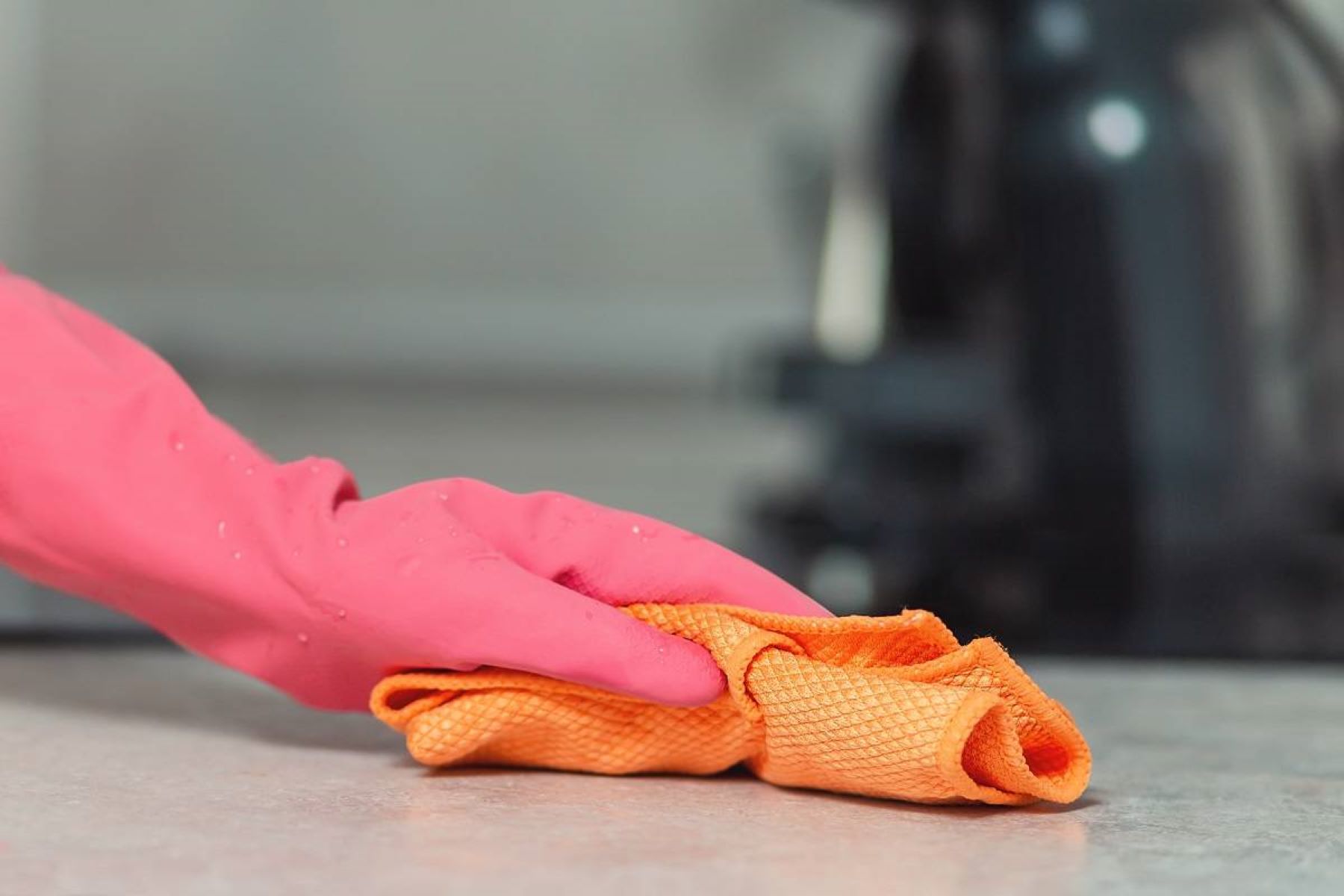
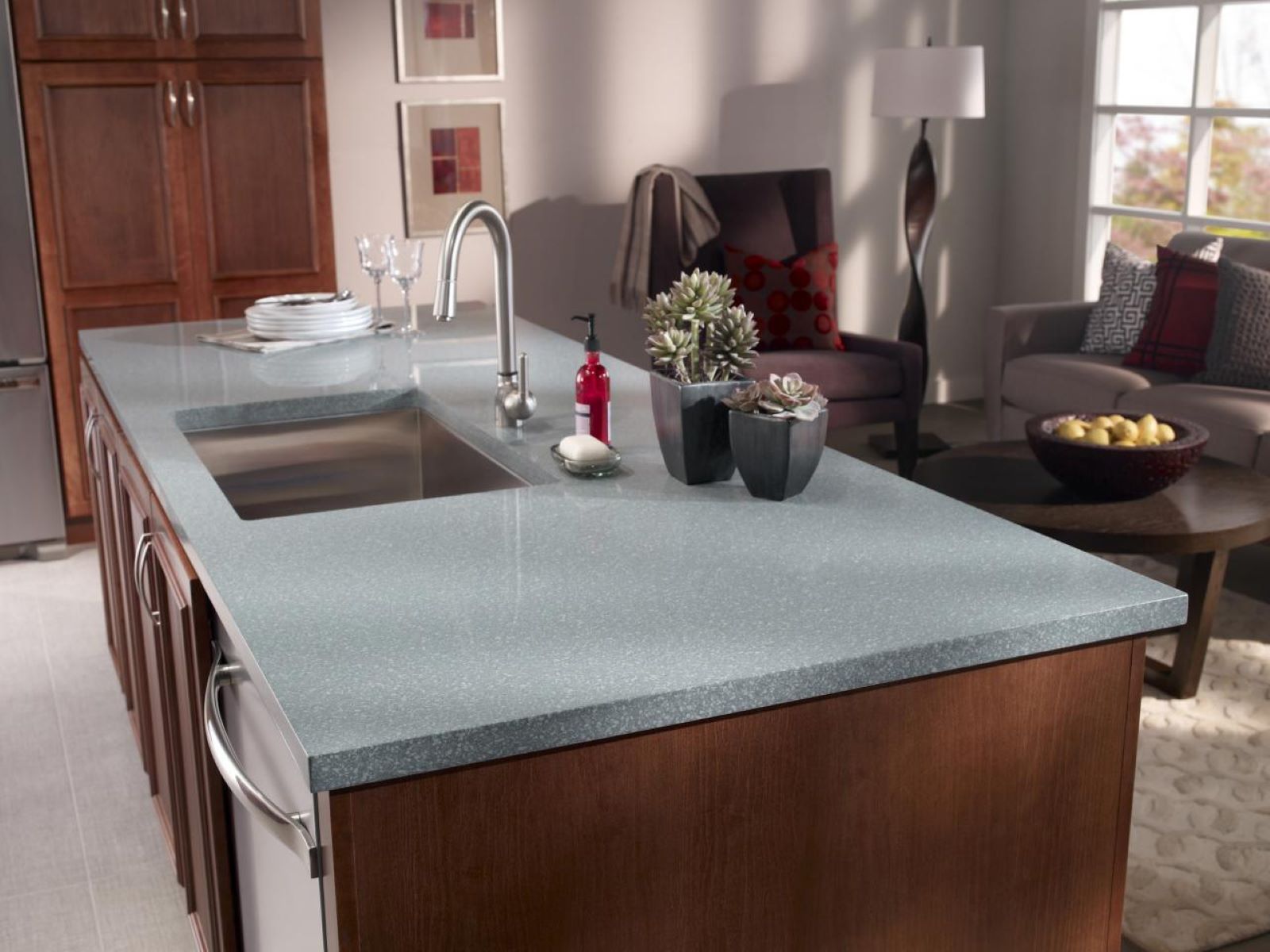
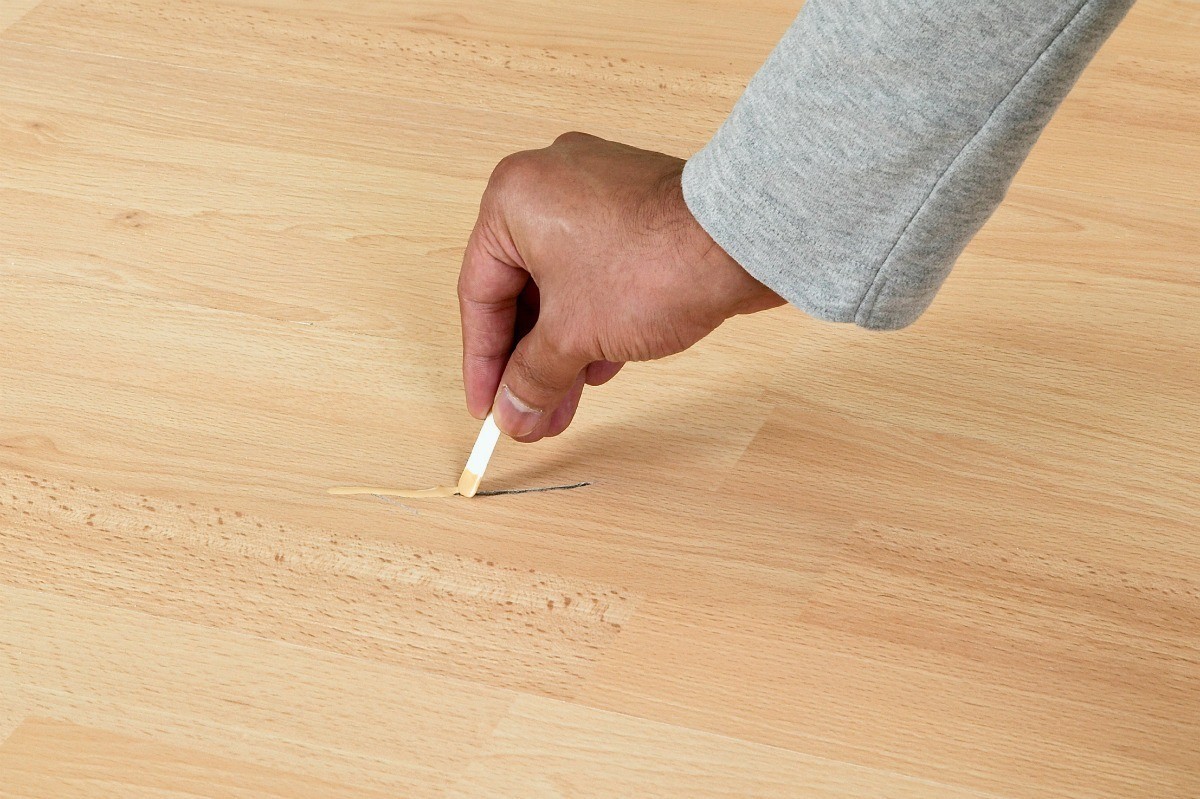
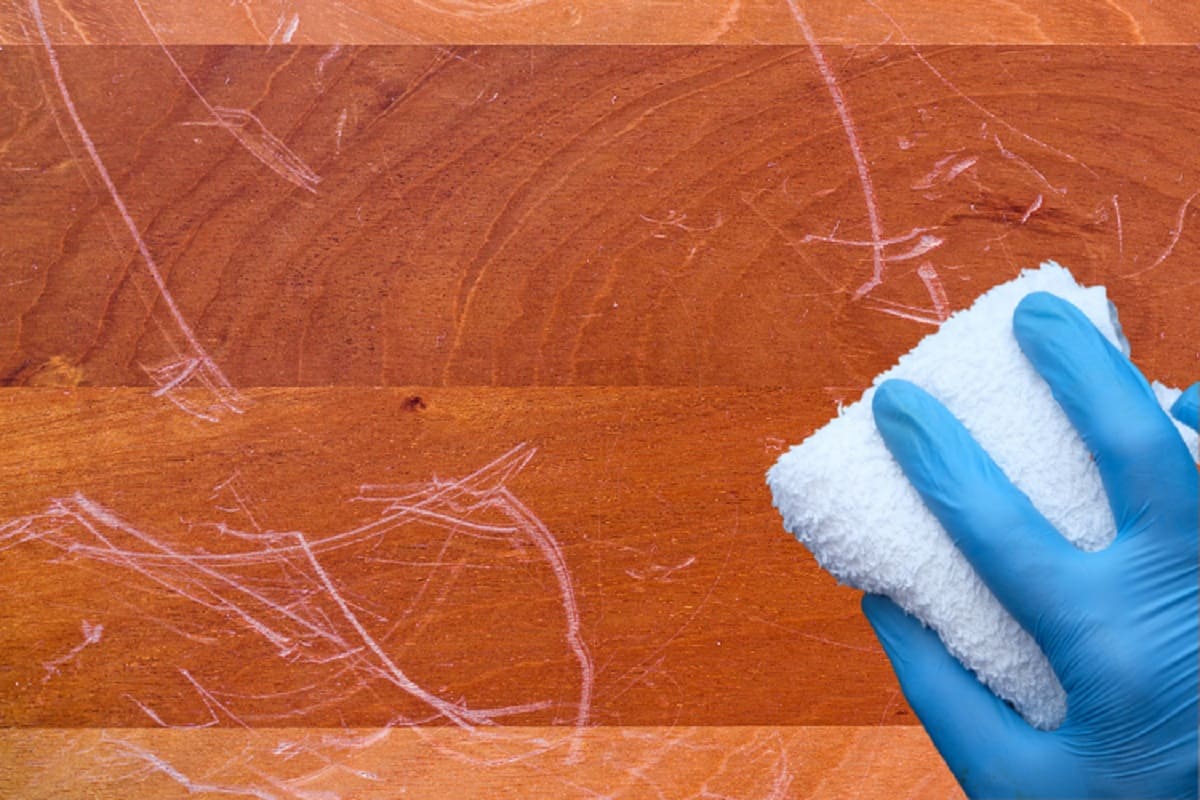
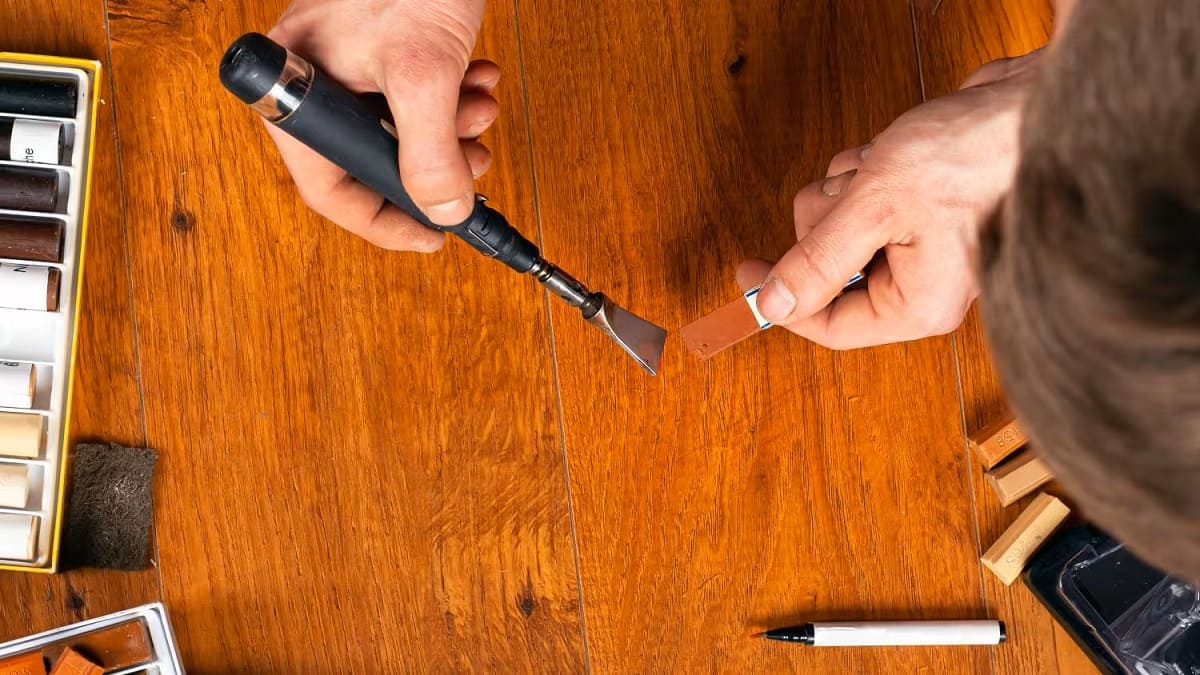
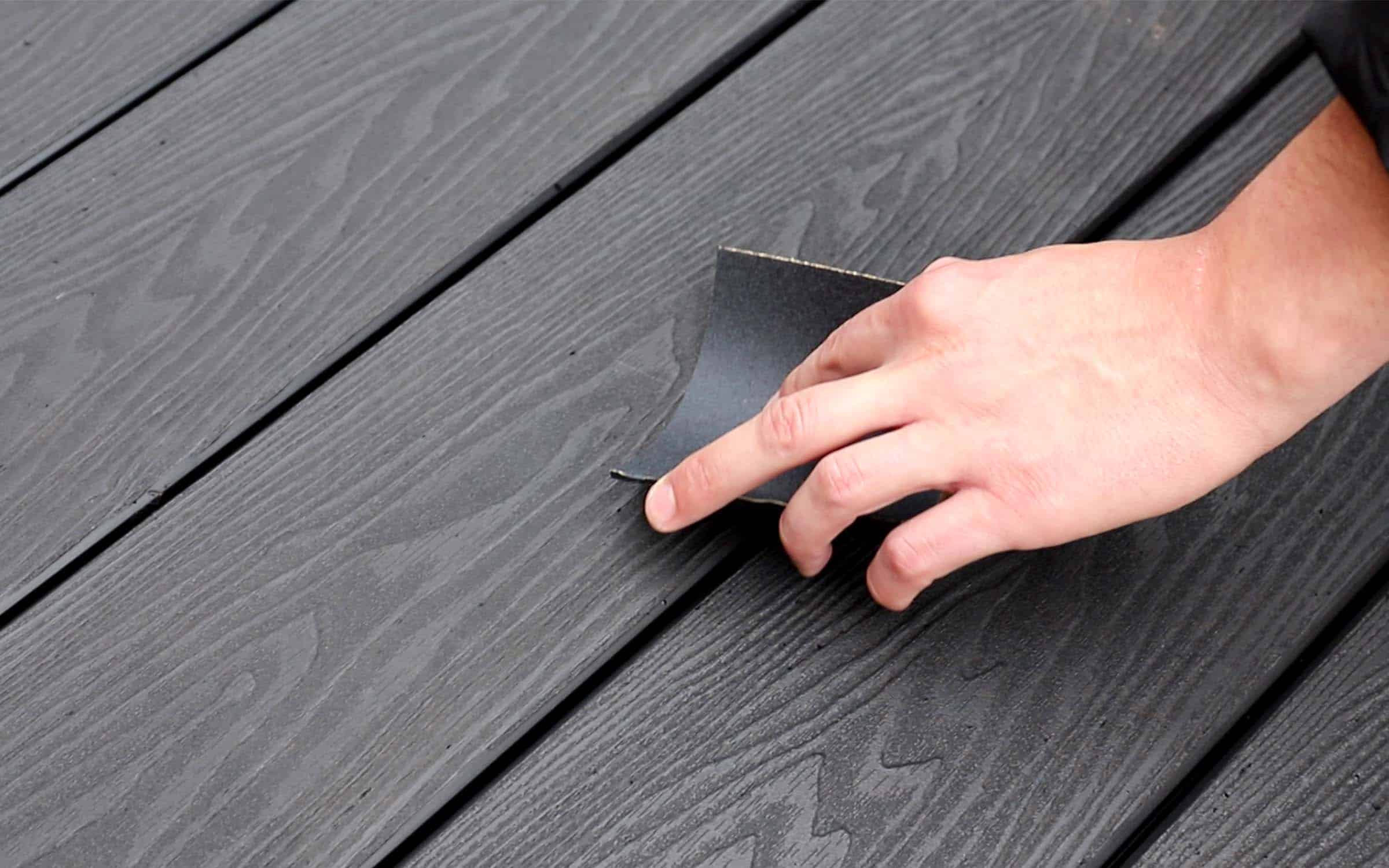
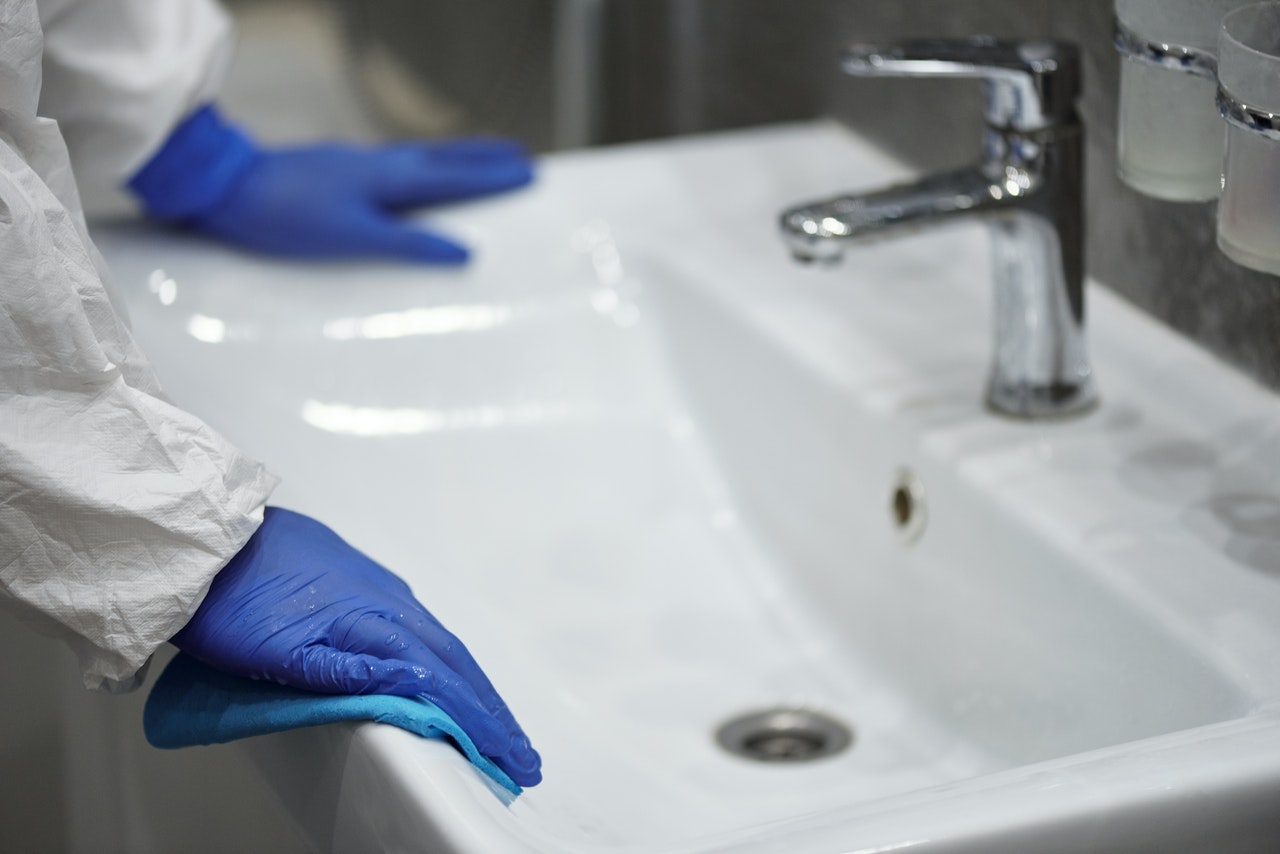

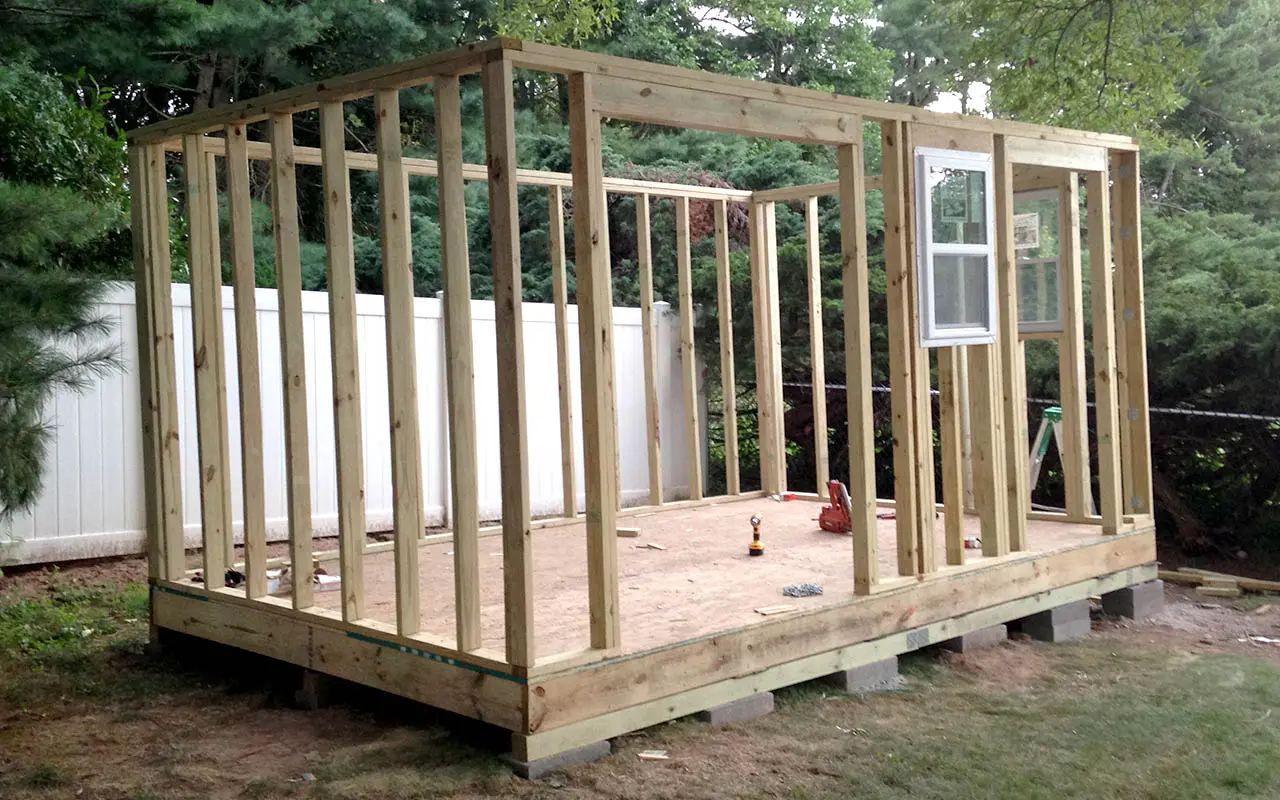


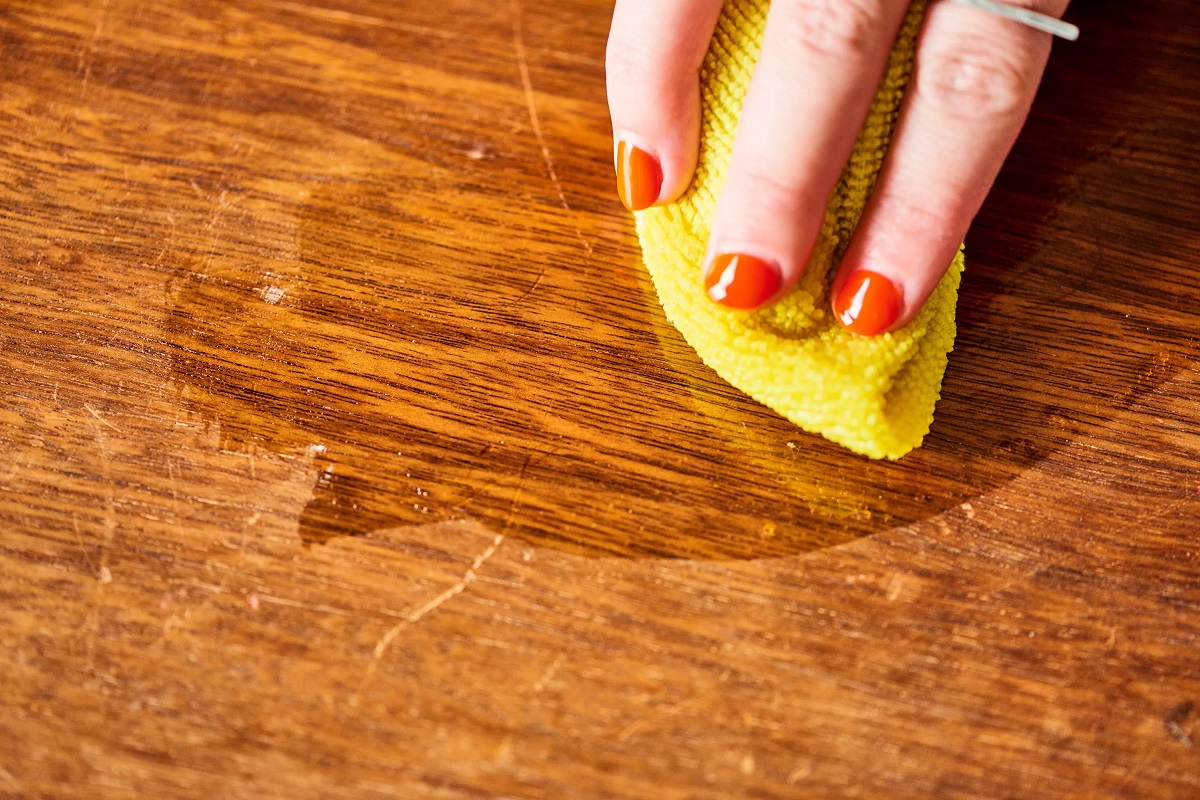
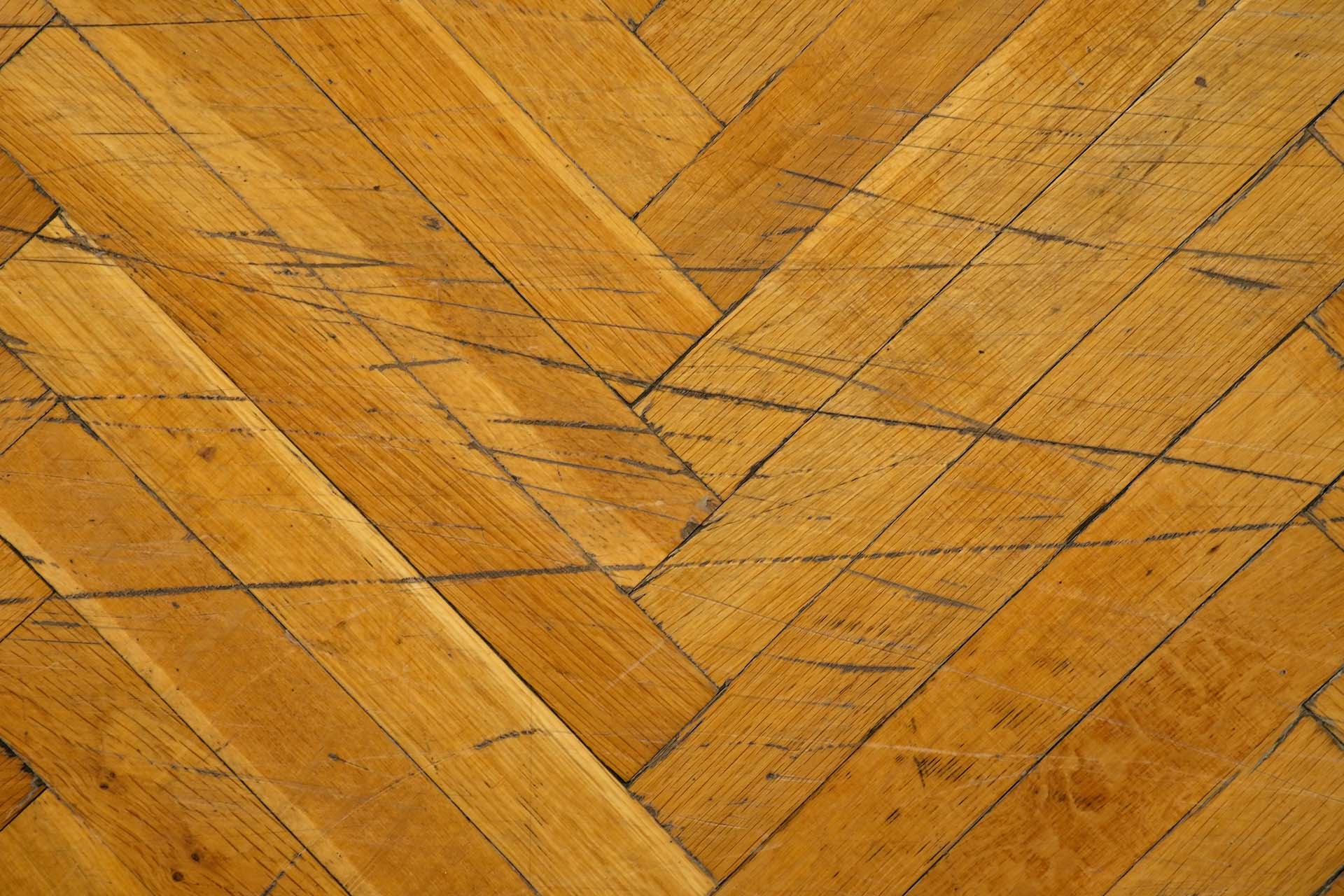
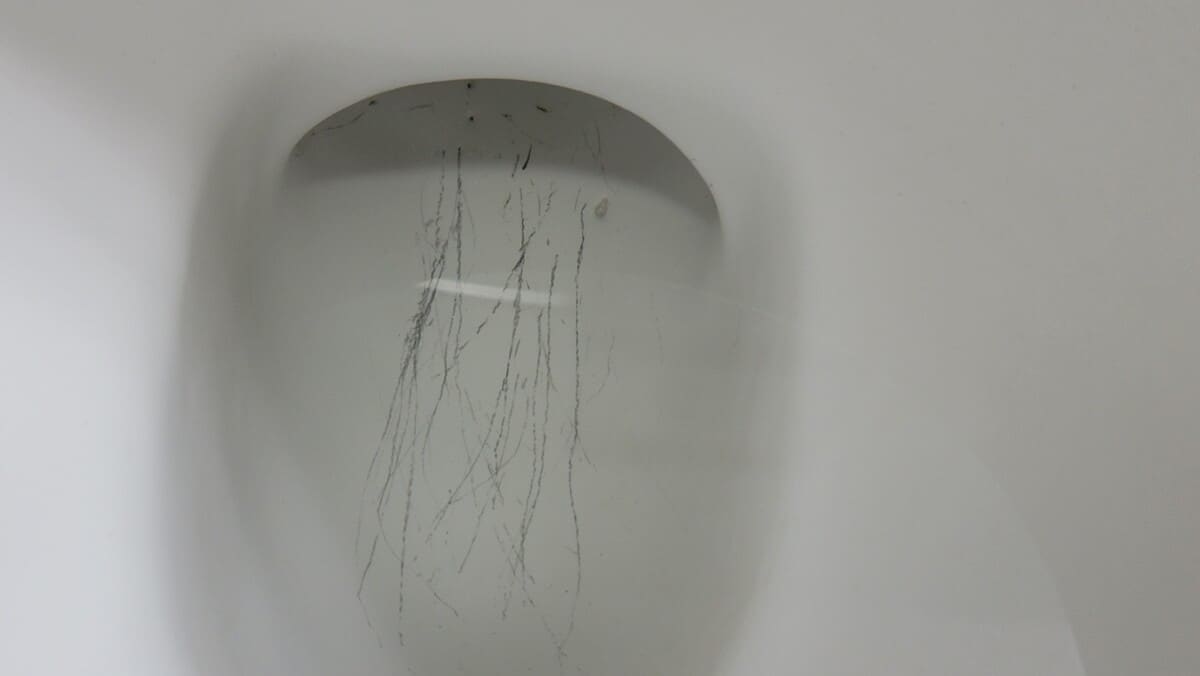

0 thoughts on “How To Fix Scratches On Countertops”